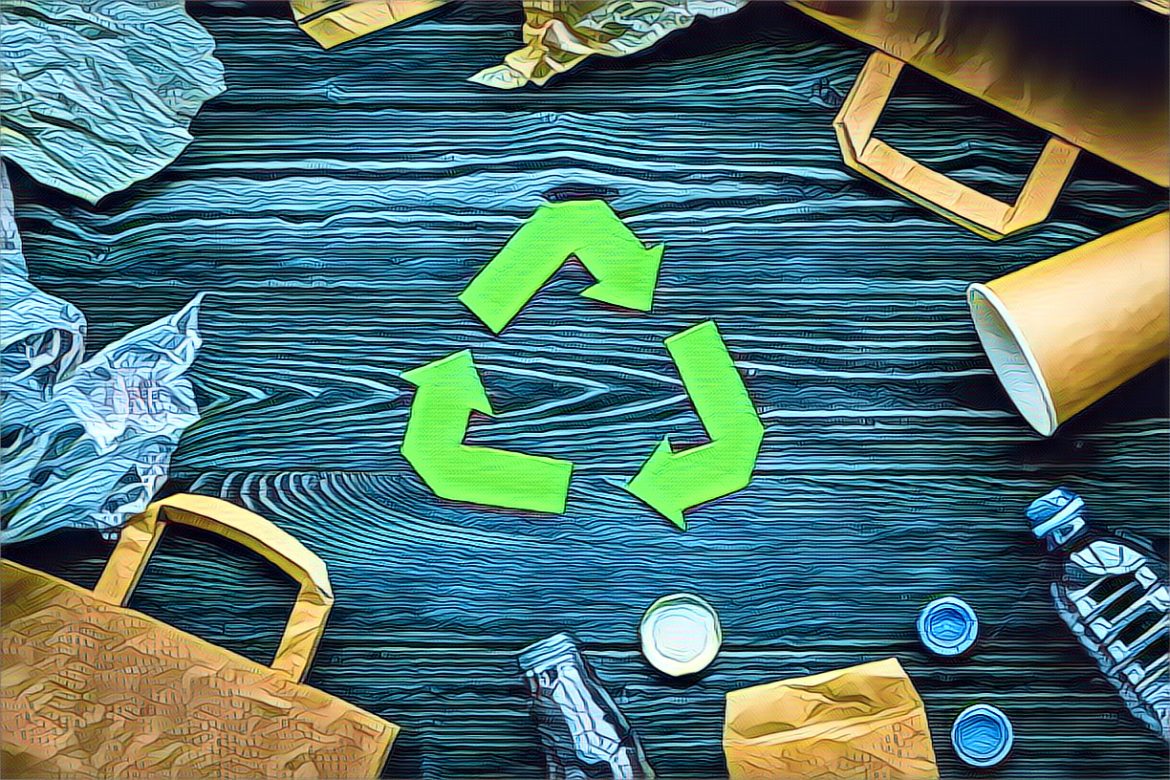Under the leadership of Bola Tinubu and President Muhammadu Buhari, the Nigerian government actively prioritizes sustainability and climate-friendly initiatives. By endorsing the Energy Transition Plan, targeting net-zero emissions by 2060, and enacting the Climate Change Act 2021, Nigeria is charting a path towards environmental sustainability and reduced carbon emissions. This commitment fosters a supportive environment for sustainable practices across the nation.
However, some Nigerians remain skeptical about the genuineness of these sustainability efforts. At its core, sustainability involves using resources in a manner that doesn’t deprive future generations of meeting their needs. This principle extends into the ESG framework (Environment, Social, and Governance), which entities utilize to demonstrate their commitment to these critical areas.
The challenges in this area are evident, as reported by This Day Live. It’s problematic to expect citizens, especially those struggling to meet basic needs, to adopt eco-friendly practices when accessible and affordable alternatives are lacking. The situation of a rural mother reliant on firewood, with no access to gas or renewable energy, underscores this challenge.
The effectiveness of sustainability communications and the lack of context-specific solutions are central concerns. While traditional Nigerian practices like reusing materials and minimizing waste reflect sustainable living, these need more effective promotion.
Conversely, ongoing environmental and social challenges, such as pollution in oil-producing states, e-waste dumping, and inadequate healthcare, risk depriving future generations of current resources. These problems, often exacerbated by climate change, may not resonate with those facing daily struggles.
The global perspective is also critical. Despite developed nations’ past reliance on resources they now advocate against, countries like Nigeria, bearing the impact of climate change, need to lead in sustainable practices.
Developing nations, including Nigeria, can still use fossil fuels while planning for a sustainable, renewable energy future. As the “Giant of Africa,” Nigeria has an opportunity to lead in creating a unique sustainable development roadmap. Moving beyond grievances against developed nations, Nigeria must objectively assess evidence and take decisive actions for a sustainable future.


